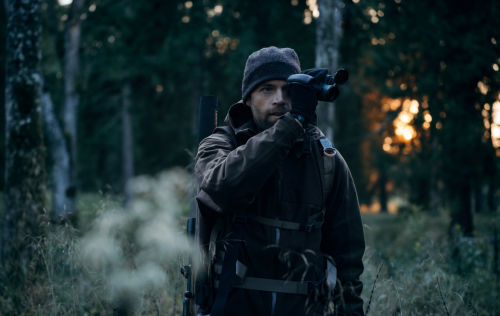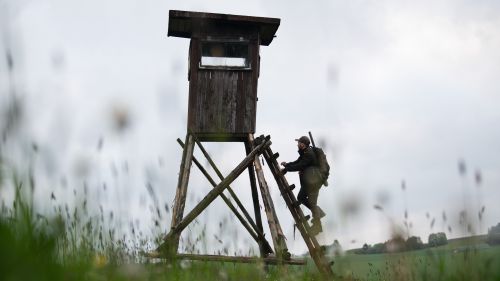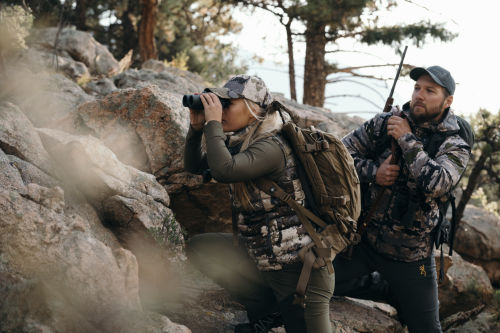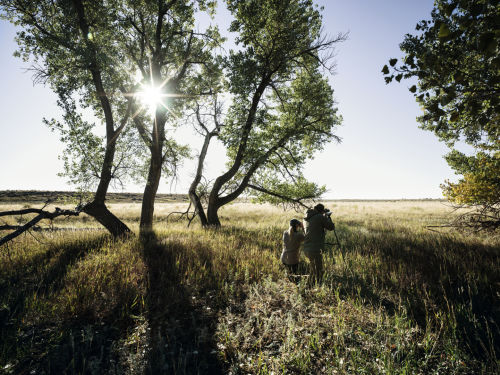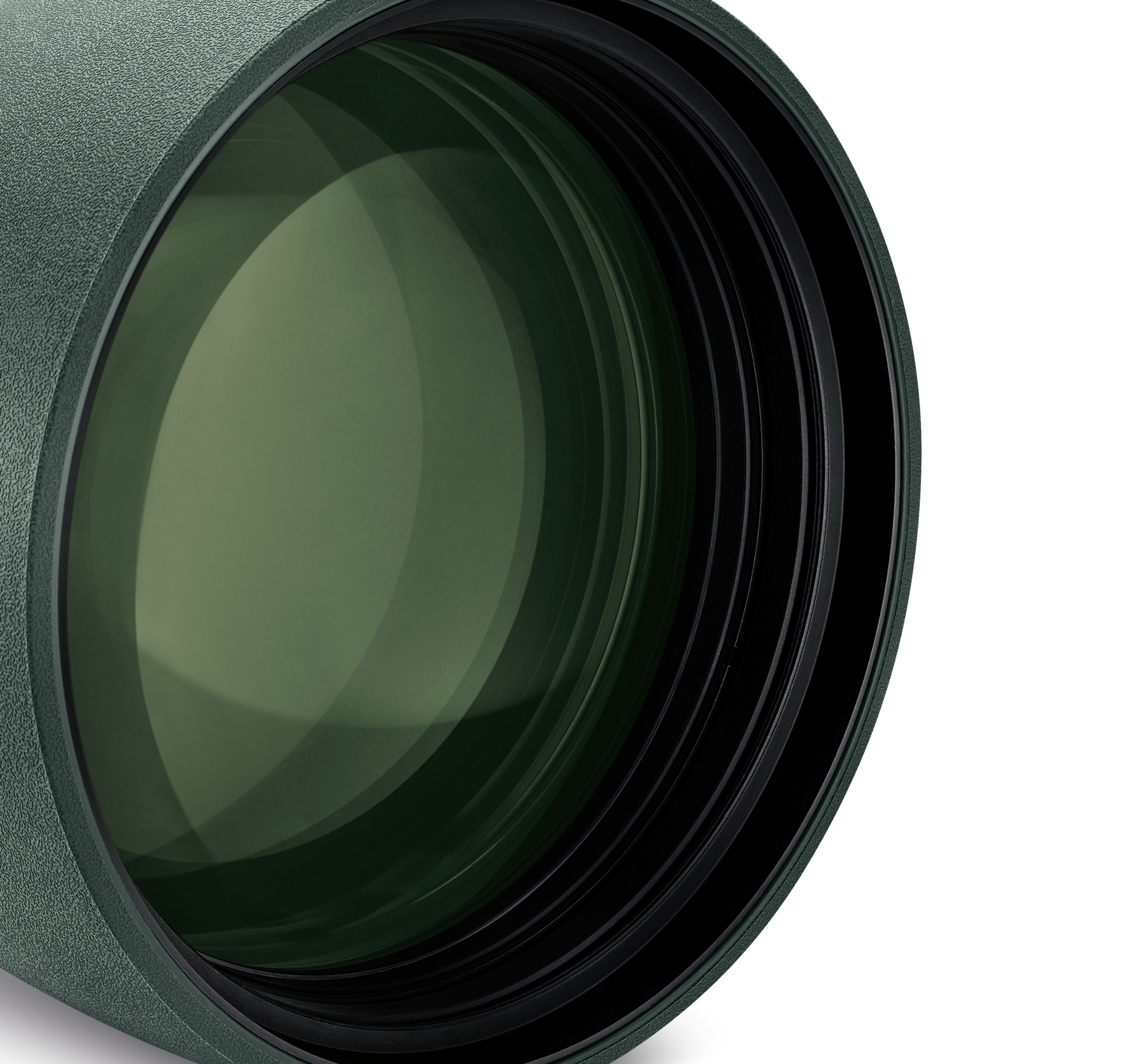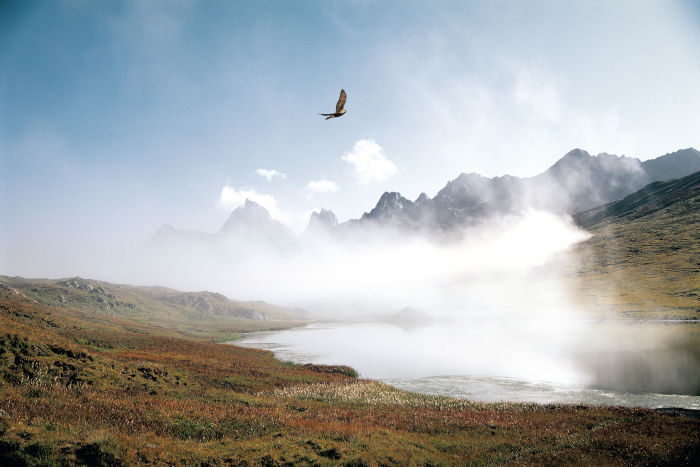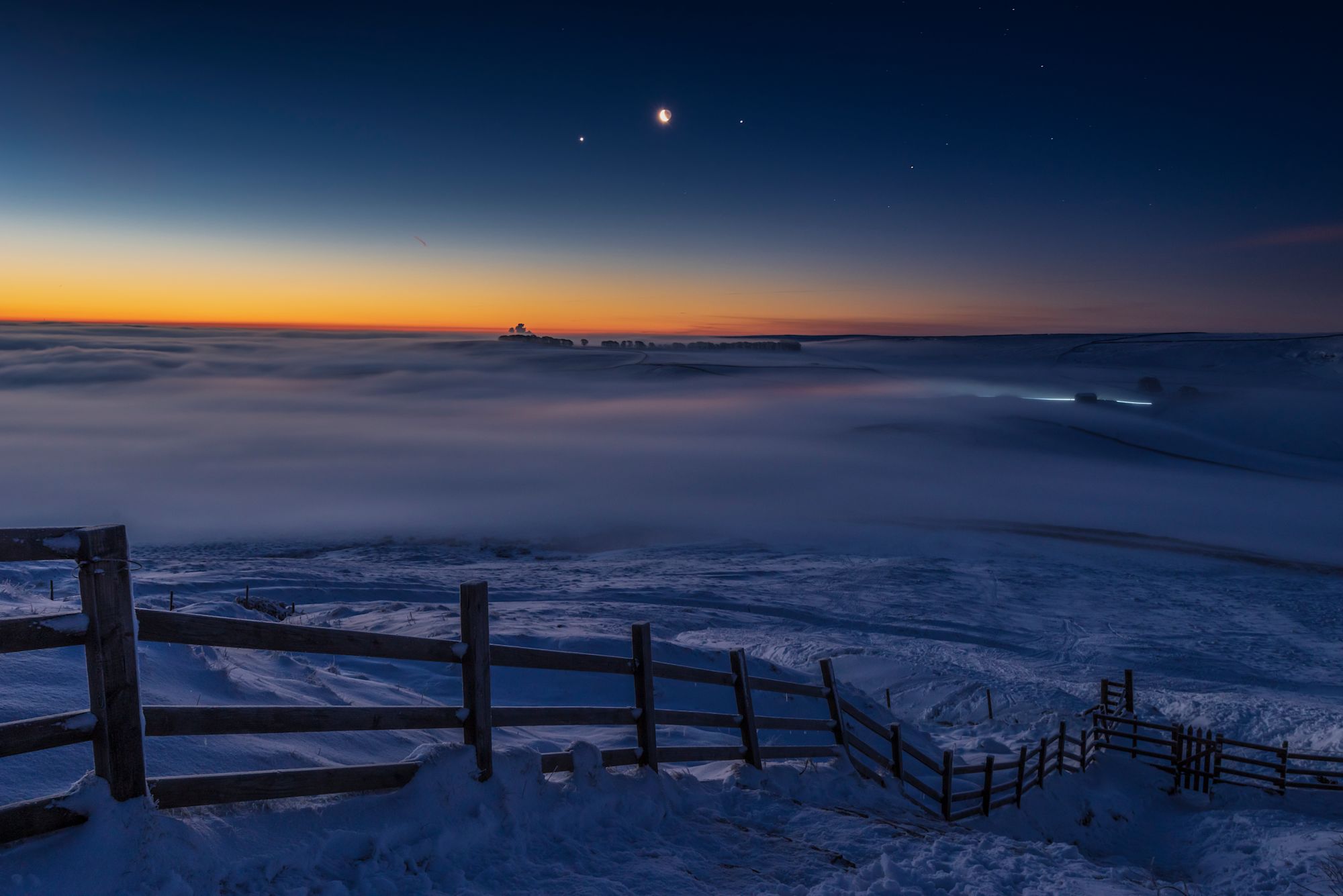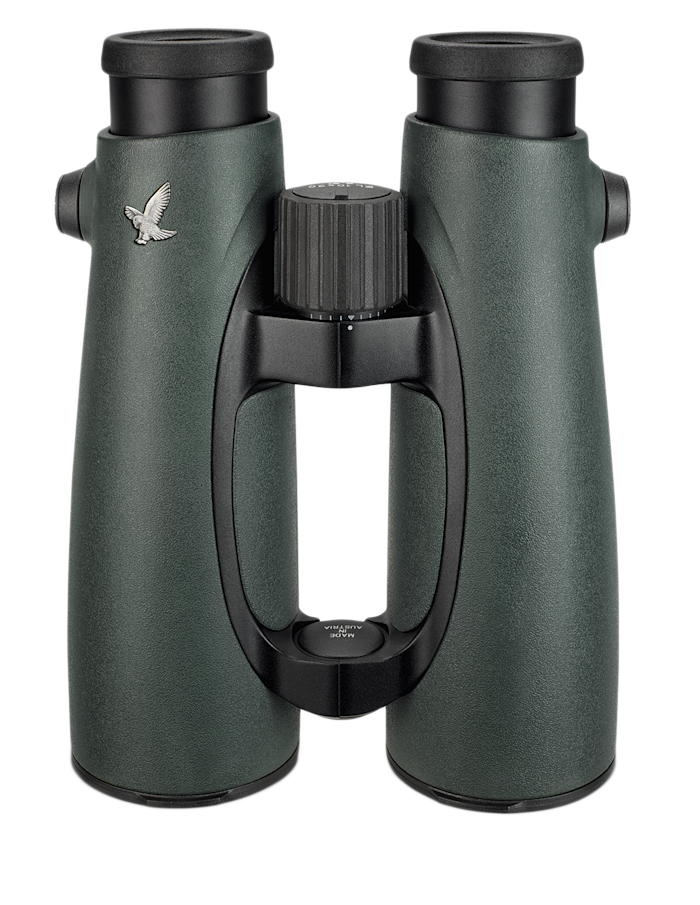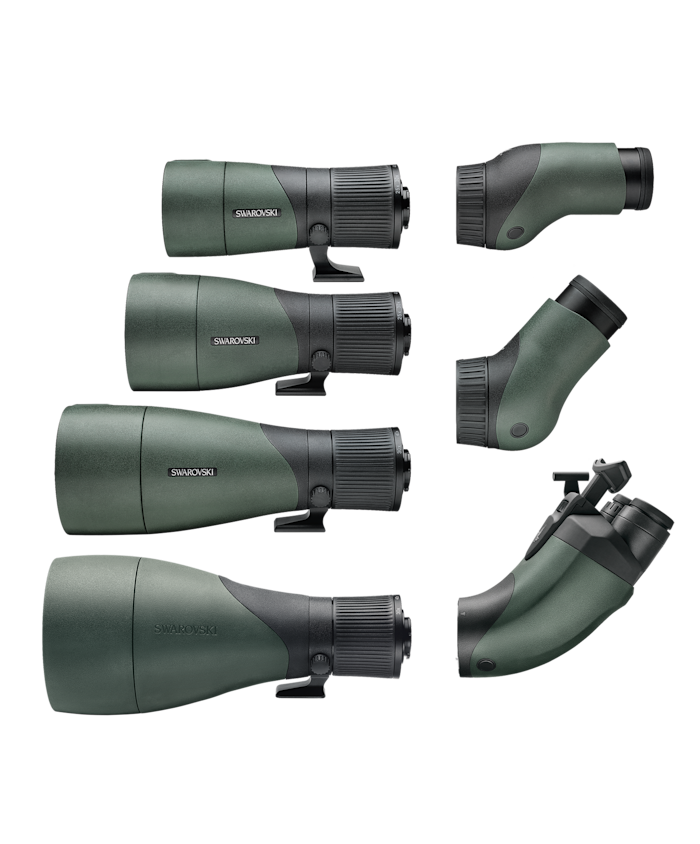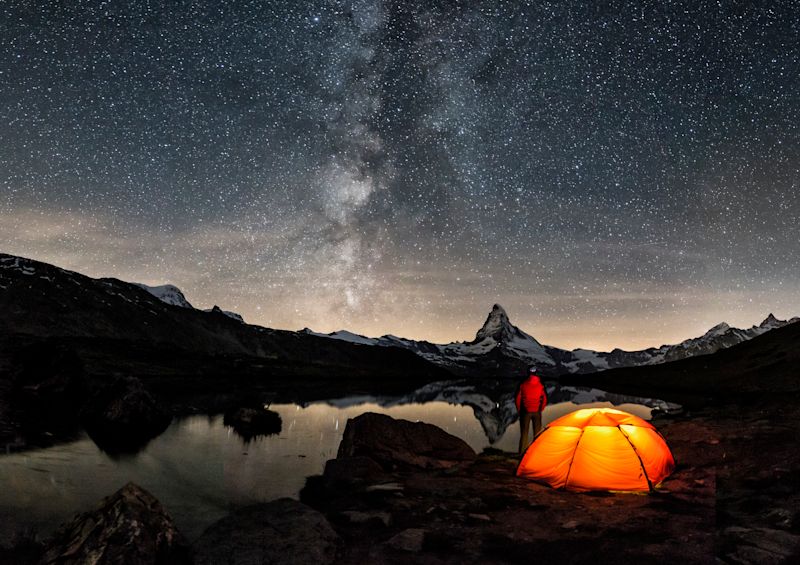A cosmic tête-à-tête of a special kind will take place on December 21, 2020. Jupiter and Saturn are in a so-called great conjunction. They are drawing so close to each other that it seems as though they were just one single star.
This phenomenon occurs every 20 years. However, the last similarly close encounter, which was also clearly visible, happened almost 800 years ago. It took place shortly before sunrise on March 4, 1226.
The desire to be closer to the stars is as old as mankind itself. This fascination was the basis for the development of modern natural sciences and thus also of long-range optics.
Do you know who else was fascinated by the stars? Our founder: Wilhelm Swarovski.
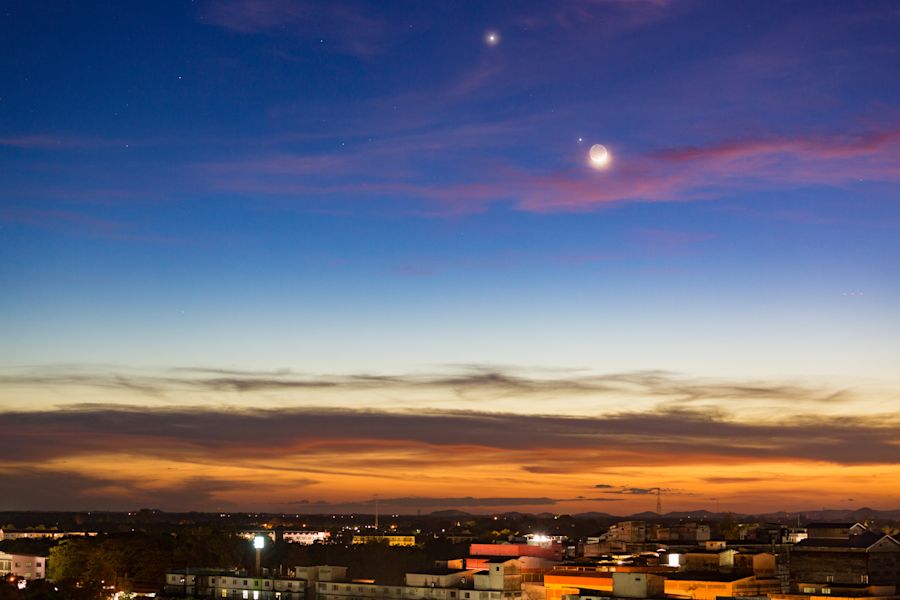
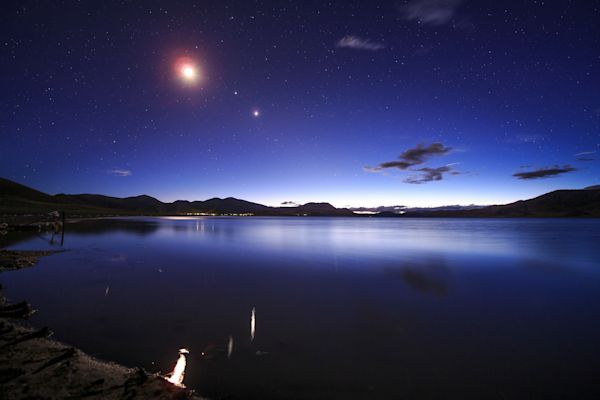
There are various theories about what the "real" Star of Bethlehem might have looked like. Experts have been discussing this for centuries. One of the theories is that at that time the planets Jupiter and Saturn were also in a great conjunction, and therefore appeared like a big bright star.

When Jupiter and Saturn meet
A cosmic tête-à-tête of a special kind
On December 21, 2020, Jupiter will narrowly pass Saturn from the Earth's perspective. The two planets will appear only six arc minutes apart that evening - they won't be this close again for another sixty years. The arrows mark where Jupiter and Saturn will be at just after five o'clock pm each evening during the month. On December 21, they are visible in the southwest at that time, about a hand's breadth above the horizon. Jupiter's arrow is the brighter, slightly shorter one of the two. Source: BR, Skyobserver
